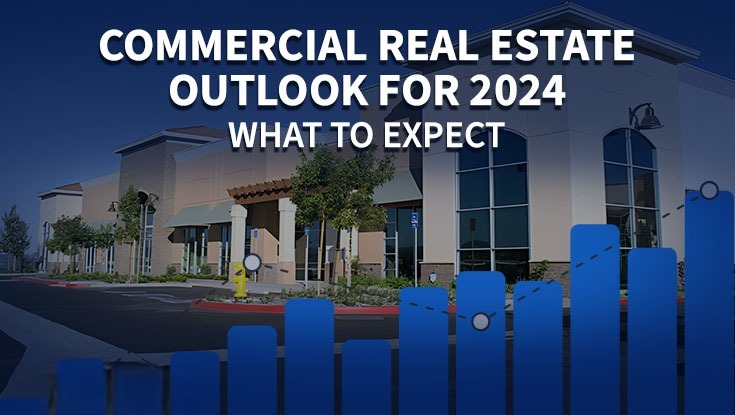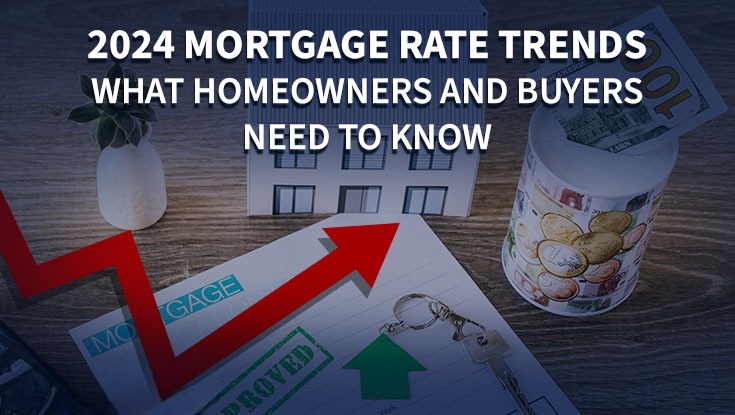The Arkansas real estate market continued to see remarkable price increases last month. In September, the median home sale price surged by 6.8% year-over-year, rising from $238,600 to $254,800. The housing market saw a 7.3% year-over-year increase in available homes from 11,270 to around 12,000.
For instance, homes in Jonesboro had a median sale price of $250,000 in September, marking a sizeable 21.95% year-over-year increase. Similarly, in Bentonville, homes sold for a median price of $485,700, showing a 10.89% year-over-year rise. Yet, it’s worth noting that there were some pockets within this state where prices declined year-over-year.
Despite interest rates reaching record highs, there has been a need for more home buyers. Still, 19.2% of homes sold were above their list price due to the limited inventory. Even so, the limited supply persisted for only three months. Is Arkansas a seller’s market due to scarcity? Let’s find out.
Arkansas Real Estate: Buyer’s Win, Seller’s Gold
For prospective homebuyers, they have an opportunity to avoid bidding wars. They can secure seller concessions by purchasing a home in this unique market condition. While the 8.5% interest rate and mortgage payments are large, it’s unlikely that rates will drop significantly in the coming months. If they do, refinancing can be considered.
On the other hand, if you’re a home seller, this is an opportune time to take advantage of high home prices. The scarcity of homes in the state defines it as a seller’s market. Homes listed on the Multiple Listing Service (MLS) tend to sell faster and command a 17.5% higher price than off-MLS listings. This could mean earning thousands more when selling on platforms like Houzeo.
How is the Real Estate Market in Arkansas?
Arkansas’ current real estate market reflects the national trend of high demand and low supply. Despite robust housing demand, home sales have decreased. This is partly attributed to the mortgage rates reaching a two-decade high of nearly 8%.
In September 2023, the number of homes for sale in the state increased to 12,000, representing a 7.3% rise from the previous year. The housing market remains bullish. The primary issue is the insufficient availability of properties in the Natural State. So, the months of supply stand at four months, confirming the seller’s market status.
Arkansas Real Estate Market Statistics
Below, let’s go over the numbers. Let’s examine the trends shaping this landscape.
- Average Home Prices: The median home price is $254,800, marking a 6.8% YoY increase. In 2024, the median sale price is expected to continue rising marginally due to tight inventory.
- Home Sales: In September 2023, home sales decreased by 16% YoY, with only 2,859 homes sold, down from 3,450 in September 2022.
- Average Rent Prices: Rental costs vary across the state, with an average tenant in Jonesboro paying $875 while those in Bentonville pay $1,199.
- Median Days on Market: The median days on the market for homes for sale remained unchanged at 34 days YoY.
- Pending Sales: The number of homes for sale increased by 7.3% YoY compared to 2022, with a current inventory of 12,000 homes available.
- Months of Supply: The average month of supply stands at three months. It highlights the stark disparity between demand and supply. This is more pronounced in Arkansas than in the national housing market.
Arkansas Housing Market in 2024
We can make several predictions. Still, it’s crucial to watch emerging factors that may influence the accuracy of these forecasts.
- Home Sellers Will Return: Sellers who hesitated in 2023 are expected to re-enter the market. New job opportunities drive them or the desire to move to more affordable areas. Additionally, baby boomers looking to downsize may contribute to an increase of up to 30 million housing units.
- Mortgage Interest Rates Will Stabilize: After reaching a high of 7.79% in October 2023, mortgage rates dropped to 7.35% in November. It’s due to economic factors such as a softening labor market and slowing inflation. While rates may remain above 6%, they will likely stabilize in the second half of 2024.
- The Number of Home Buyers Will Rise: Historically, high-interest rates deterred buyers in 2023. However, a drop to 7.35% in November led to increased mortgage demand. As inflation eases and rates stabilize, more house hunters are expected to return.
- Home Prices Will Continue to Rise: Home prices have steadily increased year-over-year in top Arkansas metros. It reached $250,000 in September 2023. Experts predict this trend will persist until the supply-demand dynamics change.
- New Home Construction Sales Will Increase: In September, 12.3% of homes purchased were new constructions. It was the highest since 2022. Builders offered $30,000 in concessions in 2023 to attract buyers. This competition can continue in 2024.
- iBuyers Will Make Lowball Offers: iBuyers, who offered 104.1% of market value in 2021, reduced their offers to 86% in 2022 and around 70% in 2023. Struggling to survive, they are likely to make lower offers
Real Estate in Arkansas: Stable and Growing
The state probably won’t have a housing market crash due to its economy growing. This is attributed to various industries: manufacturing, farming, and tourism. There are big companies in Arkansas.
Places like Bentonville and Fayetteville are getting more people. Jobs are plenty, with only a 3.1% unemployment rate, and living costs are 8% lower than the national average. So, it’s not likely for this state to have a housing market crash soon.
Arkansas Home Market: Rising Prices, Growing Opportunities
Home prices are expected to continue rising until the supply-demand balance shifts. With limited inventory and increasing demand, it’s a reasonable time for sellers to list their properties. New listings increase and sidelined buyers return. The demand for Arkansas houses will rise, leading sellers to dominate the market.
However, competition from new construction poses a challenge. Downsizing baby boomers and eager home sellers may also create obstacles for sellers. Overall, the properties available for sale in Arkansas are expected to increase in 2024. It offers options for those seeking homes in various state regions.
Frequently Asked Questions
Are there specific regions in Arkansas experiencing notable real estate growth?
Yes, certain regions, such as Northwest Arkansas, are witnessing significant real estate growth. This is attributed to the influx of businesses, job opportunities, and a thriving local economy. Investors and homebuyers are increasingly turning their attention to these burgeoning areas.
How is the housing inventory in Arkansas expected to evolve this year?
The Arkansas real estate market anticipates a gradual increase in housing inventory. It offers more options to potential buyers. This shift is driven by ongoing construction projects and strategic urban planning, aiming to meet the diverse needs of its growing population.
What are the key trends shaping the Arkansas real estate market in 2024?
In 2024, there will be increased demand for smart homes and a shift towards suburban living. Additionally, virtual home tours and online transactions are becoming more prevalent. It enhances accessibility for both buyers and sellers.
Conclusion
The Arkansas real estate landscape in 2024 is characterized by rising home prices. It’s a seller’s market and evolving dynamics. Despite interest rate challenges, buyers can secure concessions, while sellers profit from high home prices. The state’s stable economy and growth make a housing crash unlikely, providing a positive outlook for real estate this year.
About StoutCap:
StoutCap focuses on helping accredited investors build passive income and wealth through multifamily real estate investments. As a private real estate investment firm, we work across the United States. Strategically, we acquire and manage multifamily assets in high-growth markets. Our mission is to provide clients with the opportunities and expertise needed to reach financial goals in the dynamic world of real estate investing. Explore the potential of multifamily real estate with us.





